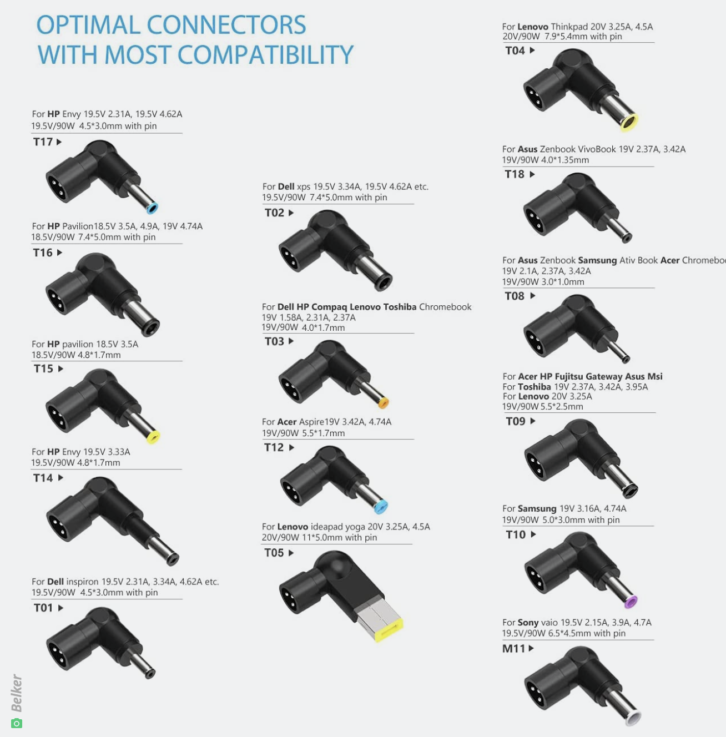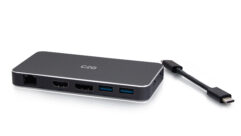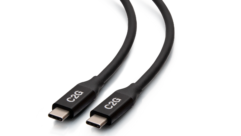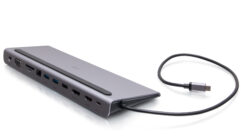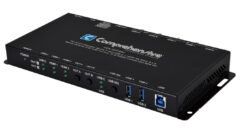The USB Implementers Forum, the industry group that develops the technology, revealed the new power levels in the version 2.1 update to its USB Type-C specification on Tuesday. The new 240-watt option is called Extended Power Range, or EPR.
As reported in CNET, cables supporting 240 watts will have additional requirements to accommodate the new levels. And USB-IF will require the cables to bear specific icons “so that end users will be able to confirm visually that the cable supports up to…240W,” USB-IF said in the specification document.
This will also bring a new look to lower-power cables, called Standard Power Range. “For USB Power Delivery, each cable assembly is identified as being either only usable for Standard Power Range (SPR) operation or usable for both SPR and Extended Power Range (EPR) operation,” the specification says. Today’s higher-power cable products, which can carry current up to 5 amps, will be replaced by EPR cables.
A long section in the USB-C standard includes advice about how manufacturers can prevent problems arcing between the USB-C plug and port when you unplug a device. But apparently you can still expect some small zaps. Oh good.
Monitors, too, should benefit, with the ability to send power and video signals down the same cable to larger displays.
“The goal of arcing mitigation is not necessarily to entirely prevent arcing but to prevent damage to the connector pins due to arcing that may still occur,” USB-IF is quoted.
Ars Technica reports that from a consumer’s perspective, the physical standard hasn’t changed—USB-C type 2.1 devices will plug into USB-C type 2.0 ports, and vice versa. Under the hood, the standards on the midplate have gotten stricter—a new paragraph has been added mandating that pins A4-A9 and B4-B9 (power, power delivery, and legacy USB 2.0 support) must not short to ground during connector mating.
Ars also points out that it’s the beginning of the end for the loathsome barrel jack and “universal” chargers.
